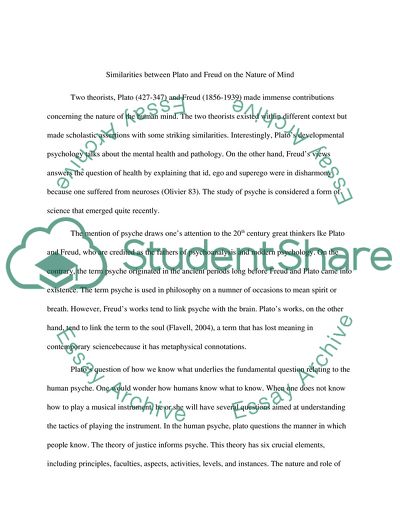Cite this document
(Plato, Freud and the Question of Nature of Mind Essay, n.d.)
Plato, Freud and the Question of Nature of Mind Essay. Retrieved from https://studentshare.org/philosophy/1867493-editing-paper-for-philosophy
Plato, Freud and the Question of Nature of Mind Essay. Retrieved from https://studentshare.org/philosophy/1867493-editing-paper-for-philosophy
(Plato, Freud and the Question of Nature of Mind Essay)
Plato, Freud and the Question of Nature of Mind Essay. https://studentshare.org/philosophy/1867493-editing-paper-for-philosophy.
Plato, Freud and the Question of Nature of Mind Essay. https://studentshare.org/philosophy/1867493-editing-paper-for-philosophy.
“Plato, Freud and the Question of Nature of Mind Essay”, n.d. https://studentshare.org/philosophy/1867493-editing-paper-for-philosophy.


